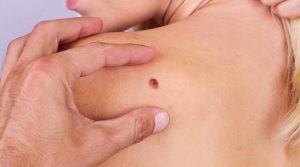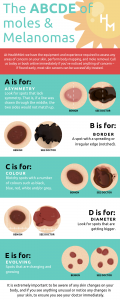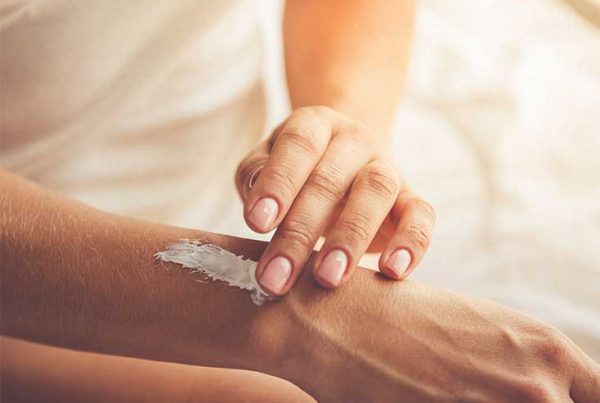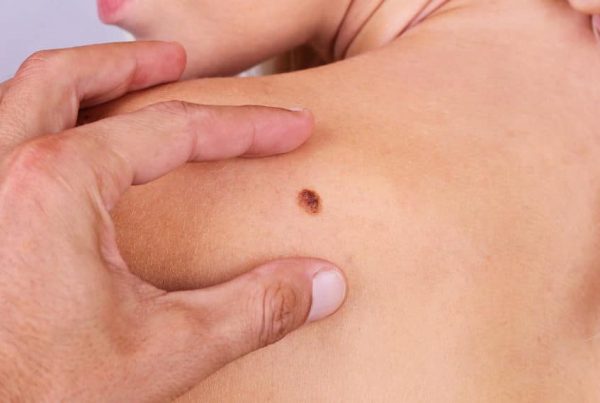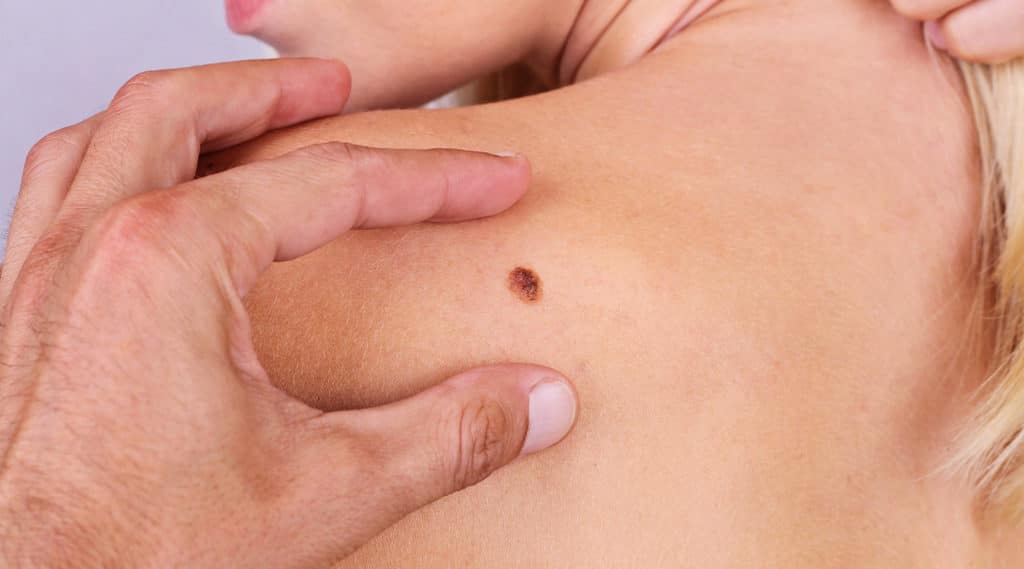
What is Melanoma, What are the Symptoms of Melanoma?
Fast and scary facts on melanoma
- Melanoma is Australia’s national cancer
- Melanoma kills more young Australians than any other type of cancer
- 1 person EVERY 5 hours will die from melanoma in Australia
- Estimated 1,905 people died from melanoma in 2018
- Estimated over 14,000 will be diagnosed in 2019
(https://melanoma.canceraustralia.gov.au/statistics)
Melanoma has stages…and types
There are five stages of melanoma, and they range in severity from 0 to IV. Each stage is based on characteristics such as the ulceration, the thickness of the tumour and if lymph nodes or organs are affected. Once the melanoma is diagnosed, the stage it is in will guide the treatment.
Check out https://www.melanoma.org.au/understanding-melanoma/stages-of-melanoma/ for their definitions and treatments for each stage.
Symptoms of melanoma that are hidden in plain sight (!) The hidden threat
Lumps beneath the skin
These are called nodular melanomas and can occur anywhere on the skin. They are particularly dangerous because they grow into the skin much faster than they change dimensions on the skin surface. These can be very tricky to notice before they spread.
Under the nails
As well as palms of the hands and the soles of feet.
“Age spots”
Watch out for those spots you already have that you think are changing over time because you are just ‘ageing’. Think again and have them checked.
Changes in your scalp
These are so dangerous because if you have a full head of hair, the spots are not in plain sight.
The groin and more!
Areas that never see the sun are still at risk of developing melanoma
Vision changes
Eye melanoma may not produce any symptoms, but any changes in vision should be seen by a doctor immediately
Check out and learn your ABCDEs
•A is for Asymmetrical – moles with irregular shapes and that have two very different halves
•B is for Border (irregular) – notched, scalloped or irregular borders
•C is for Colour (changes in) – growths that may have many colours or an uneven distribution of colours
•D is for Diameter – look for moles that are greater than about 6mm in diameter
•E is for Evolving – always look out for changes over time. Ones that grow, change in shape and colour, or begin to itch or bleed
Treatment options for melanoma
Treatment for melanoma will depend on the following:
- The stage of the disease
- The location of the cancer
- The severity of the symptoms
- Your general health and wishes
Treatment may involved the following:
- Surgery
- Radiation therapy
- Clinical trials
- Immunotherapy
- Targeted Therapy
- Chemotherapy
Any of these treatment methods are invasive and if waited until too late they have no guarantee that they will be successful and carry many risks and side affects.
I want to be proactive in looking after my skin – how do I prevent melanoma?
In Australia it’s near impossible to not be exposed to the sun at some point in the day. It is still important to get some UV exposure in 
- Avoid the sun in the middle of the day (generally 10am-4pm) which is when it is strongest and you are more likely to get sunburnt.
- Wear sunscreen all year round and include it into your morning routine.
- Avoid tanning beds – they emit UV rays and increase your risk of skin cancer
- Get to know the skin you’re in – examine your skin regularly for new skin growths or changes in existing moles, bumps, birthmarks and freckles. Be sure you don’t neglect between your toes, the soles your feet and your genitals!
Are you frightened by the information above? Terrified by the facts you didn’t realise about melanoma? Now is the time to get your skin checked. Book an appointment online here or call (03) 5611 3365
Want more information?
Call (03) 5611 3365 to speak to a friendly patient concierge
or book an appointment here

